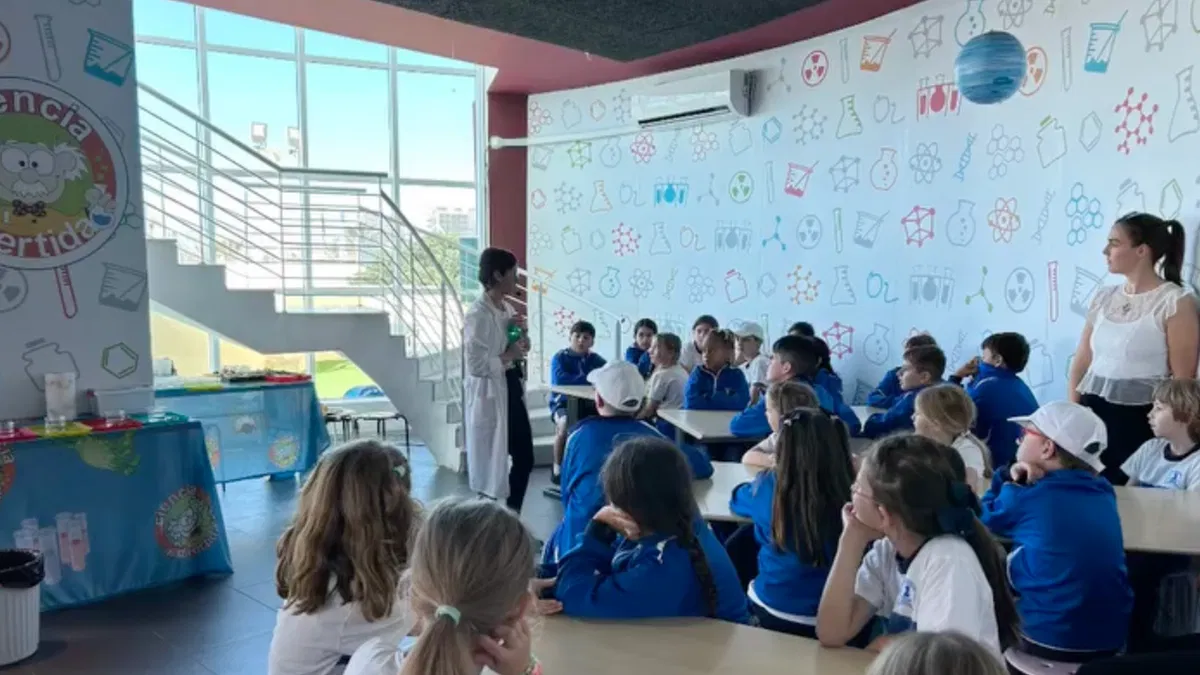By Vincent Baills
Copyright euroweeklynews

International School Estepona believes that learning goes far beyond classroom walls. Earlier in the year they did a STEM excursion to Planeta Explora in Malaga that underscored this philosophy. The trip wasn’t just fun — it demonstrated how hands-on exploration can deeply enrich students’ scientific thinking and curiosity.
Why STEM excursions matter
Science, Technology, Engineering, and Mathematics (STEM) are subjects that demand active involvement. Traditional lessons are essential, but seeing experiments in action, touching scientific models, or interacting with exhibits allows children to connect theory with real-world applications. Such experiences make abstract ideas concrete, spark interest in fields students might not have considered, and often reveal talents hidden during regular lessons.
Planeta Explora: bringing science to life
Planeta Explora offers a dynamic environment designed for young learners to explore physics, biology, astronomy, and more. Through workshops, demonstrations, and interactive exhibits, students from ISE (International School Estepona) engaged directly with scientific conceptions — forces, molecular structures, environmental science etc. These are the kind of experiences that encourage “why” questions, leading students to think, investigate, and perhaps even conduct mini-projects afterwards.
Benefits for students at ISE
Deeper understanding: When students see experiments, they better understand cause and effect.
Motivation and engagement: Field trips like this generate enthusiasm. Students often return to school more eager to participate in class.
Skill development: Beyond scientific facts, students practise critical thinking, observation, collaboration, and problem solving.
Integration with the school’s curriculum
International School Estepona follows the British National Curriculum for primary years, and in the early years incorporates Montessori methods. The excursion to Planeta Explora supports the curriculum by reinforcing science units with real-life examples. Teachers can later bring back lessons into the classroom, using the visit as a reference point, which helps children remember and apply their learning.
Practical considerations and outcomes
Good planning ensures excursions like this are safe and effective. ISE ensures risk assessments, sufficient supervision and structured reflection after the visit. Students are encouraged to discuss what they saw, what surprised them, and how the exhibits link to what they learn in class. Parents often report that their children talk about the visit for days — perhaps trying simple science experiments at home, or drawing connections in nature walks.
Conclusion: An investment in curiosity
Educational excursions such as the recent STEM journey to Planeta Explora are more than excursions: they are investments in developing lifelong learners. At International School Estepona, these experiences enhance academic knowledge, build essential skills, and help children discover their passions. If you are curious about enrolment or learning more about our educational approach, visit the International School Estepona website.



